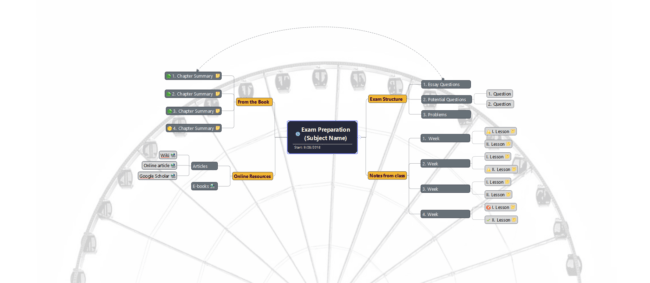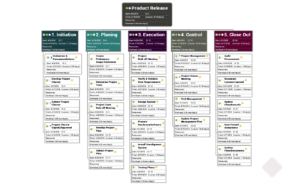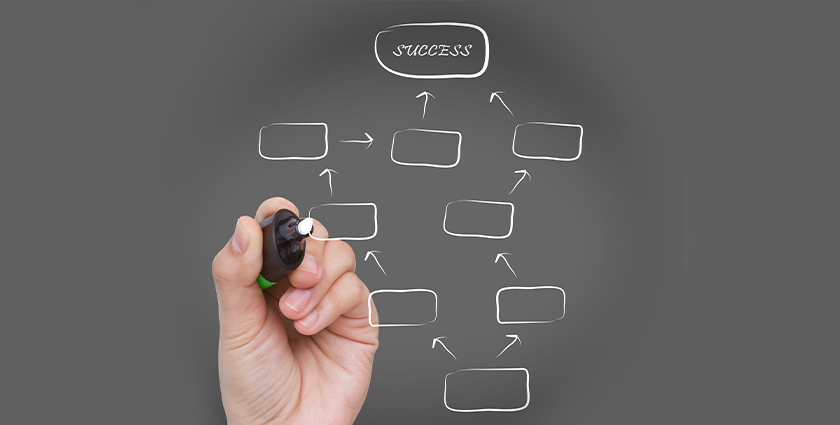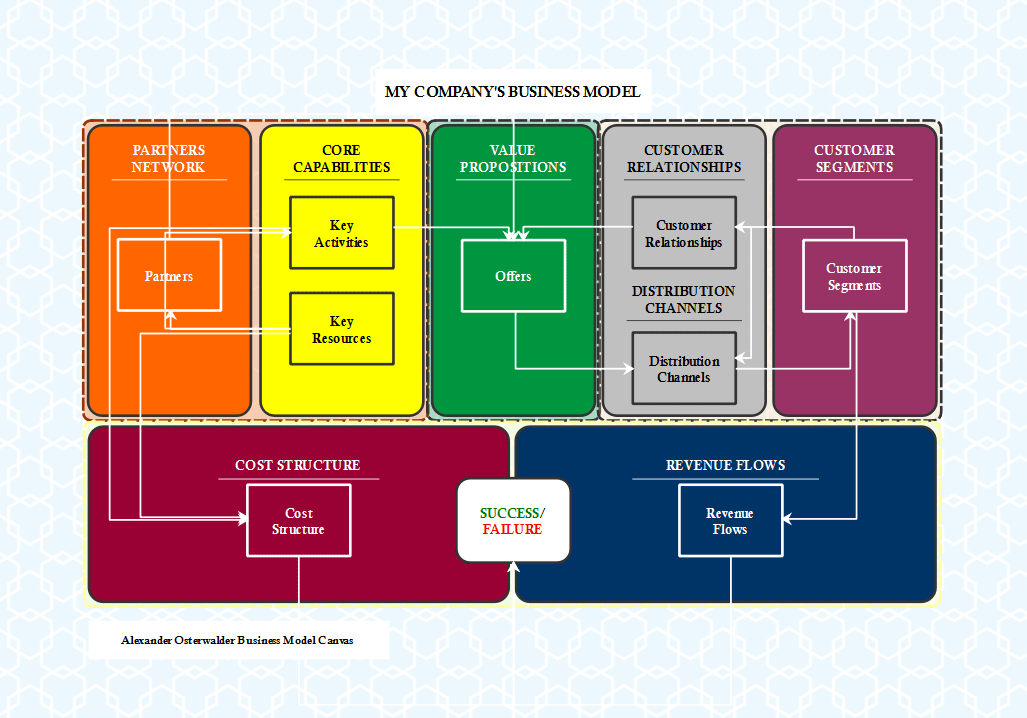Concept mapping is a powerful tool, with many versatile uses in various fields, from education to business and medicine. Its main goal is to foster creativity, elevate the learning process, and improve overall productivity. Concept maps visually represent relationships between concepts and provide clarity to both individuals and teams that want to comprehend complex ideas, organize information, or generate new insights.
Regardless of whether you are trying to learn a new topic and connect several new concepts together or wanting to organize all ideas and tasks about a project in one place, concept maps are a great way to go. They bring so many benefits to your work and your thinking process, and help you conceptualize your ideas before presenting them to others.
If you are new in the concept mapping process, or you are trying to upgrade your existing concept mapping, read about all the benefits concept mapping brings and find out how to bring your concept mapping to the next level.
Improved Understanding and Memory Retention
Memorizing a lot of terms, topics, and concepts can sometimes be tricky – especially if the list of new terms and their meaning is long. Concept mapping is a great way to memorize topics and their meaning, by creating meaningful connections between the topics and the concepts. This way, you are not only memorizing the new topics, but you are also improving your comprehension of them.
With concept mapping, you are able to visually connect and organize ideas, and this brings you better understanding of more complex topics. When you are able to see the entire picture, it is much easier to identify the key concepts and connect them to their relevant topics.
Additionally, when all this information is organized in a mind map, it is much easier to recall it later and apply it when needed.
Effective Learning Tool
In education, concept mapping is seen as a valuable learning tool, not just for students, but also for teaching staff. Students can be taught to use concept mapping to organize their thoughts and study materials, which helps them comprehend the material better.
At the same time, educators can use concept mapping to illustrate more complex concepts, in order to present them more clearly and facilitate discussions among the study groups. Additionally, by showing students how to explore the new connections between ideas, educators can spark creativity, and new insights and ideas that might have not been so apparent before to the students, with the standard way of presenting information.
Learn how iMindQ’s mind maps help both students and educators in creating and developing mind maps here, and download our Exam Preparation mind map template here.

Facilitating Critical Thinking and Decision Making
By analyzing and organizing information in a concept map, the critical thinking of an individual or an organization is being improved as well. The relationship between the concepts and topics is being evaluated this way, which encourages discussion, deeper analysis, and critical thinking of the topics themselves.
This also leads to a better decision-making process. By organizing concepts and topics, motivating critical thinking and discussion, as well as organizing the ideas so they can be presented easily, concept mapping is also a great aid in better, faster, and more effective decision-making. Mapping out different options and their implications on a process or activity, individuals and teams can make more informed decisions for their projects.
This makes concept maps an exceptionally useful tool for various business branches: from accounting, through marketing and sales, up to medicine and scientific research.
Project Management and Collaboration
Another reason why concept mapping is a great aid in the business environment is that it is a great tool to plan and manage projects more effectively. By mapping out the relationships between teams, activities, processes, and other project components, teams can identify dependencies faster and more efficient, which in turn allows them to allocate resources more effectively, while at the same time also being able to track the progress.
Learn how iMindQ can enhance concept mapping in the Healthcare industry here.
Concept maps are also a great communication tool for conveying ideas in a clear and concise manner. They can help both the individuals and the teams to communicate their thoughts more effectively, through presentations and reports that later motivate further discussions.
IMindQ offers a large number of mind maps templates for business – download our Work Breakdown Structure mind map here.

Lastly, concept maps are also a collaborative tool that allows teams to work together in creating, expanding, organizing, and refining ideas. By sharing and building upon each other’s concept maps, teams can leverage collective knowledge and expertise.
Concept mapping is a versatile tool that can be applied across various disciplines, including education, science, business, and many more. Its flexibility makes it a valuable asset in different contexts, where it can be tailored to suit an individual or a team’s specific needs and objectives. By offering a wide range of benefits, from enhancing understanding and memory retention, up to promoting creativity and collaboration, concept mapping stays as a valuable tool that can help individuals and teams organize information, solve problems, and innovate.
Not sure how to get started? Read our iMindQ Guide on how to make a mind map in 8 steps here.



